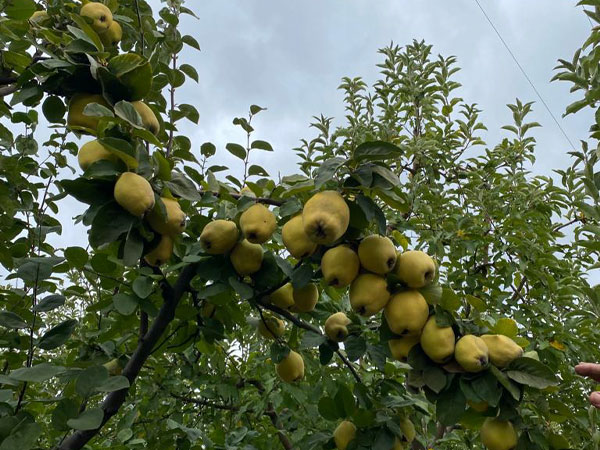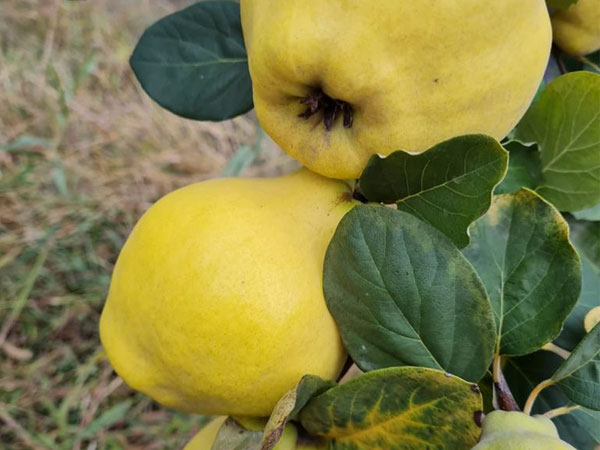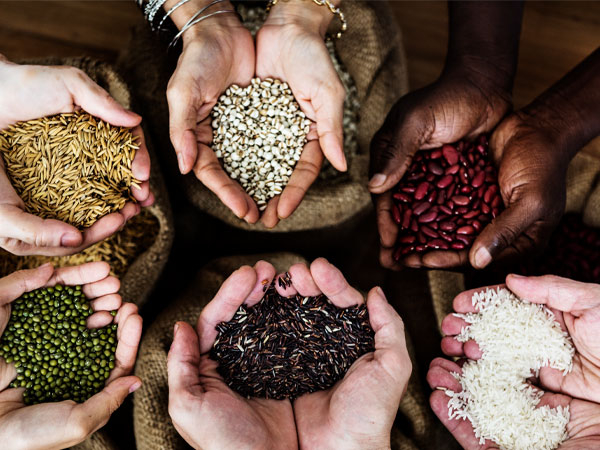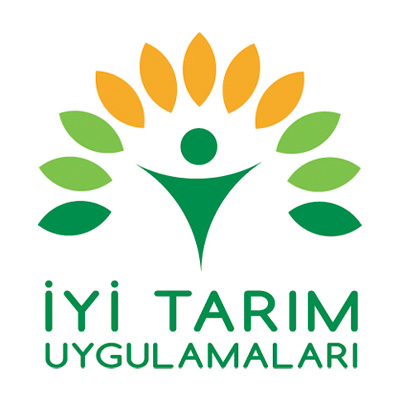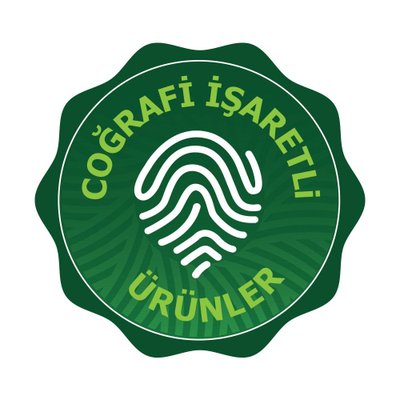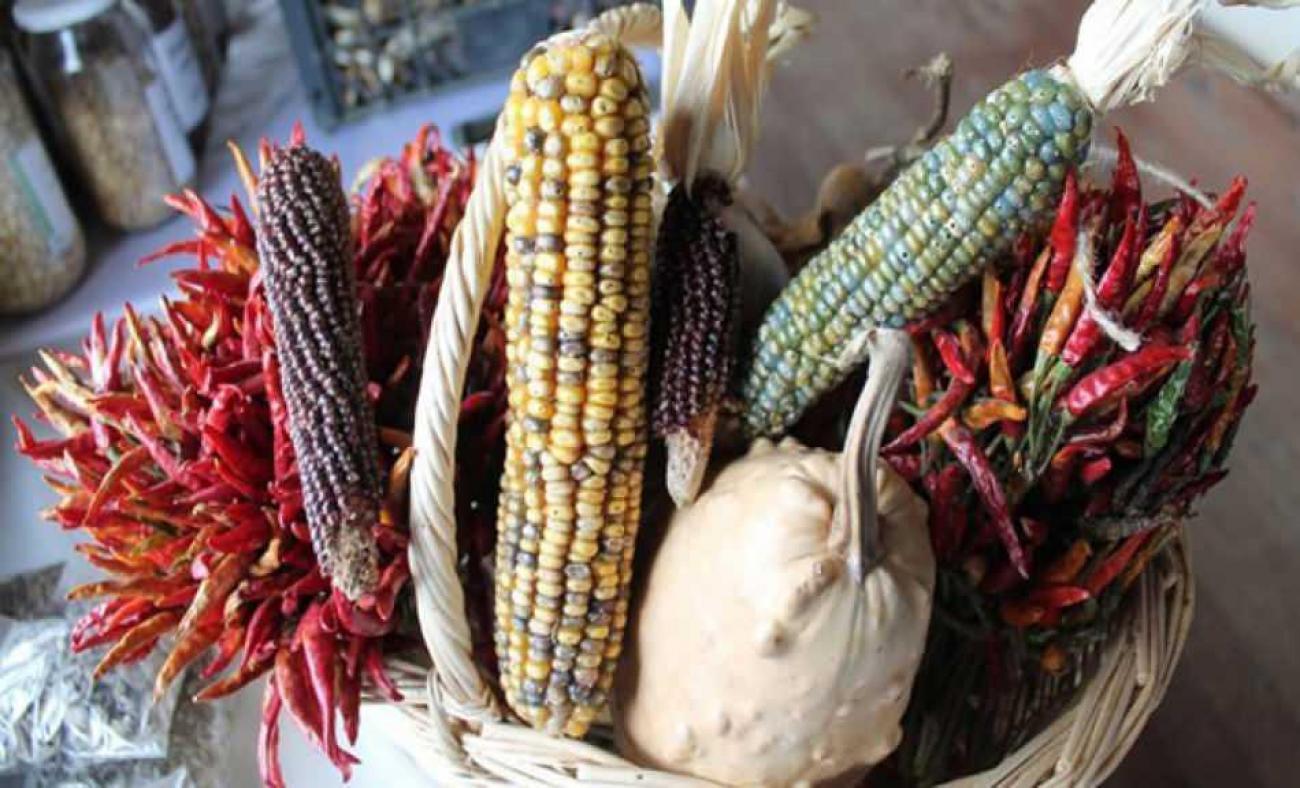توزيع بذور السلف
Atiye Laçin Food
We carry out our production processes by choosing the raw materials produced from the seeds that have been cultivated in our region for many years and have adapted to the climate, soil, water and disease-pests of the region, and which have survived for years with the ‘seed from fruit-seed to fruit’ technique. We purchase seeds by selecting the healthy and coarse raw materials that represent the best of the vegetable and fruit varieties, and distribute them to the producers and producers who demand them by keeping them in a dry, cool and light-free environment so that they can be stored for a long time.
Ancestor seed, also known as local seed or native seed, is a natural seed that our ancestors used in the past and remained as it was years ago without undergoing any treatment.
The seeds of vegetables and fruits obtained from these seeds, which have been used in Anatolia for centuries and have never been genetically modified, are multiplied for the planting of the next season. Thanks to this cycle, the ancestral seed preserves its existence and can reach future generations intact.
Features of Ancestral Seed
- An ancestor seed is a seed that has not been genetically modified. For this reason, the DNA sequence is natural. They are fertile, continuous and sustainable seeds. Thanks to these features, they can be passed from generation to generation.
- The original state of the ancestral seed can be preserved. These seeds are the seeds that have been grown in the same way for centuries in conditions suitable for the climate of our country. Ancestor seed is planted, grows, and when the maturity period comes, some of the plants are separated to be used for the next year. This cycle has been going on for thousands of years.
- Since each region of our country has its own geographical and climatic characteristics, the areas where the ancestral seed grows also differ. For example, summer fruits are mostly grown in our hot regions, the Aegean and the Mediterranean, in summer and under natural conditions.
- The common feature of all fruits and vegetables, which are ancestral seeds, is that they are grown in the season and should be consumed. In other words, it is not possible to eat a ancestral tomato in the winter season.
-
Plants produced with ancestral seeds are very rich in vitamins and minerals. When you eat vegetables or fruits with ancestral seeds, you can easily feel the difference thanks to their taste.
- It is not possible to store foods with native seeds, that is, ancestral seeds, in the refrigerator for a long time. Since they do not contain any hormones or protective chemicals in their structure, they can deteriorate in a short time..
Ancestor Seed Project
Within the scope of the Ancestor Seed Project, which was initiated in 2017 with the aim of protecting the products grown in Anatolian lands and transferring them to future generations, studies on ancestral seeds have started.
In order to support the project, people who have ancestral seeds in our country also donated their seeds. Whether these seeds are original or not and whether they can be used in the project is examined by the experts at the research institutes affiliated to the General Directorate of Agricultural Research and Policies (TAGEM), and the appropriate seeds are reproduced and delivered to the producers.
In order to secure and protect the ancestral seeds produced within the scope of the project, the Regulation on the Registration, Production and Marketing of Local Varieties was published in the Official Gazette and entered into force. According to the regulation, ancestral seed varieties registered in the name of the person who owned the ancestral seed in the past are then registered in the name of the state and the reproduction process continues under state control.

